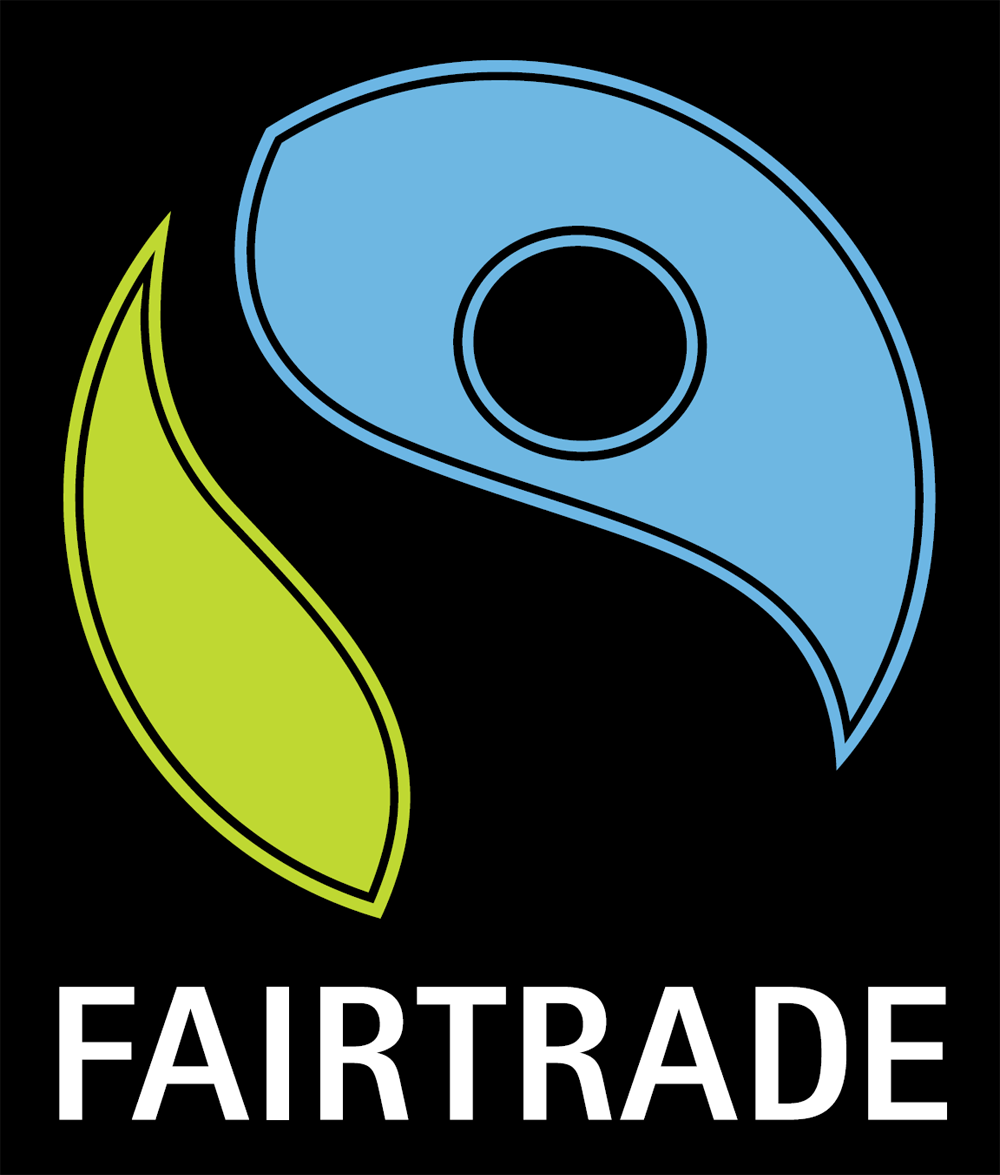“Fair Trade producers take action to protect the environment in which they work and live. These measures include careful use of fertilizers and pesticides, crop rotation, and, in some cases, shade-grown production.
“The following specific environmental commitments apply to both small producer organizations and hired labour situations:
- Agrochemicals: Limit the use of those agrochemicals which are permitted
- Waste: Reduce, reuse, recycle, and compost waste in an appropriate manner
- Soil: Maintain and enhance the fertility and structure of soil
- Water: Manage water resources to ensure conservation and non-contamination
- Fire: Prevent the use of fire in a way that adversely affects natural systems
- Genetically Modified Organisms (GMOs): Do not use in products or processing
- Energy: Use energy minimally, especially energy from non-renewable sources
“Many Fair Trade products, such as cocoa, sugar, cotton, coffee, herbs and spices come exclusively from small producer organizations. Within co-operatives and associations, producers often have effective agricultural programs in place – for promoting crop diversity, transitioning to organic agriculture, or learning about composting. Through these programs, farmers have the opportunity to learn, and to share their skills and knowledge. This might happen through farmer field schools, training sessions, or technical assistance.”

For more information on how Fair Trade credits it’s products, visit their Fairtrade Certification page.
For more information about Fair Trade, visit the Fair Trade website.

Comments are closed, but trackbacks and pingbacks are open.